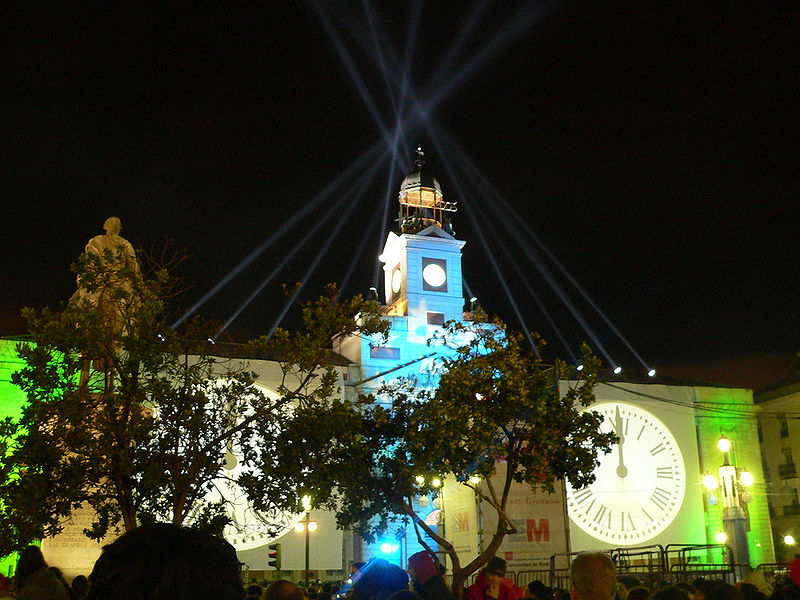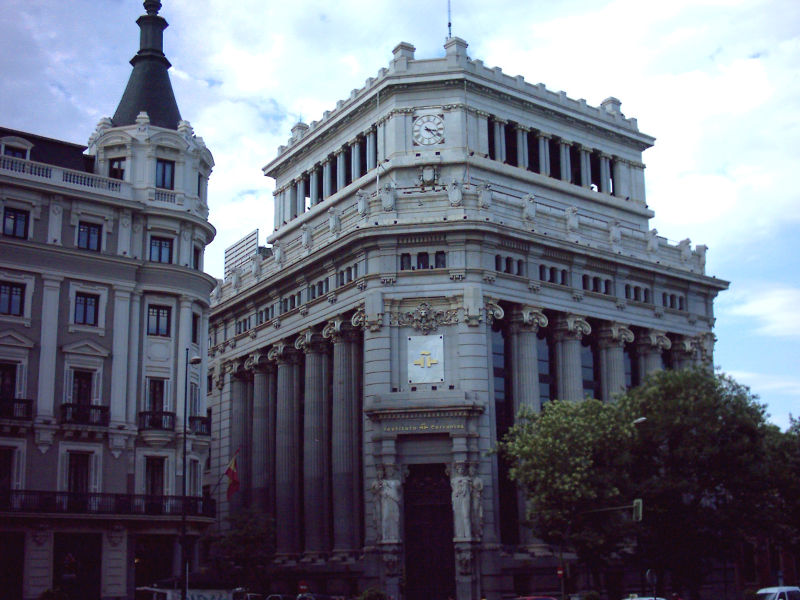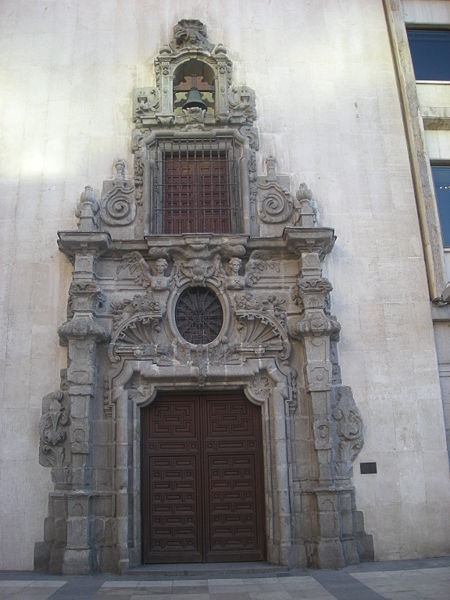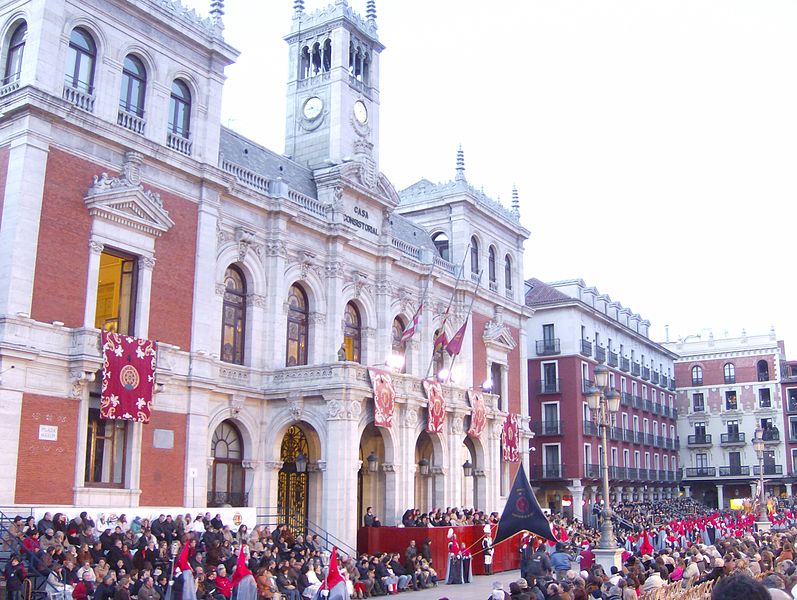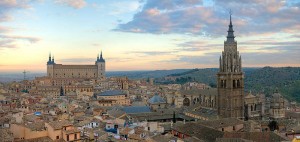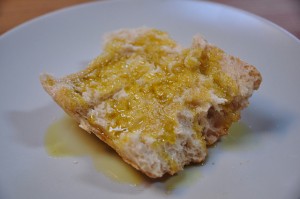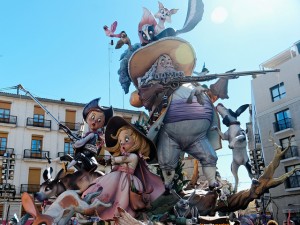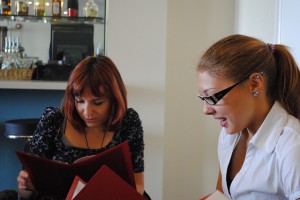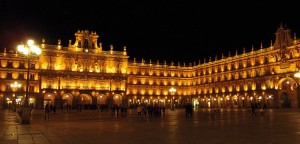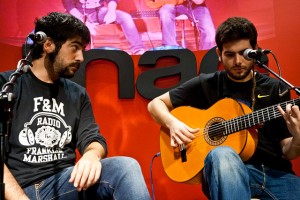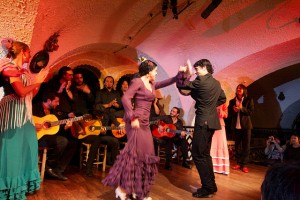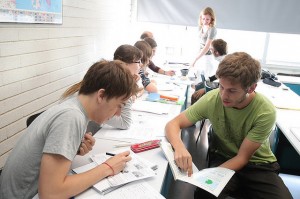The screenwrighter, producer and director Pedro Almodóvar is a cinema genius and one of the major exponents of the Spanish cinema on international level. His films made him win many prizes and gain recognition in many countries, it is therefore ideal for you to watch them and enjoy them if you are studying Spanish.
Almodóvar started his career in the 80s, becoming one of the icons of the movida madrileña, cultural movement which started during those years in the Spanish capital, with titles such as “Pepi, Luci, Bom y otras chicas del montón”(Pepi, Luci, Bom and Other Girls Like Mom) and “¿Qué he hecho yo para merecer esto?” (What Have I Done to Deserve This?). He was first truly recognised with his film “Mujeres al borde de un ataque de nervios” (Women on the Verge of a Nervous Breakdown), in 1988, not only in Spain but within an international scope, he was awarded 16 nominations at the Goya and a nomination for best Foreign Language Film at the Oscars.
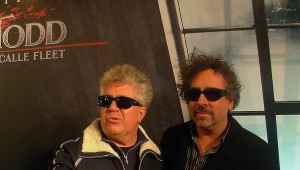
The film directors Pedro Almodovar and Tim Burton
►…continue reading about Pedro Almodóvar, the director who brought Spanish cinema to the world








